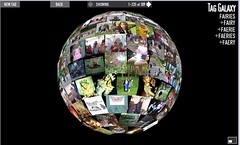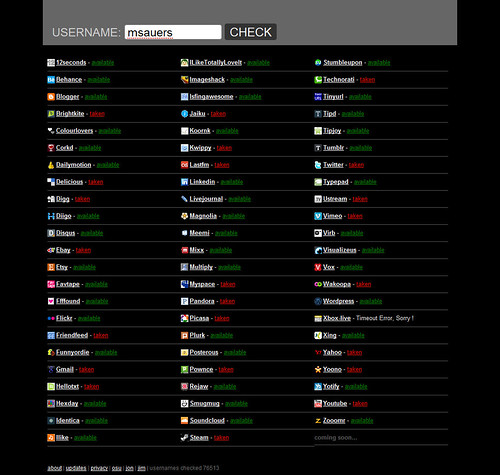This discovery exercise has us looking at the Financial Crisis of 2008. Remeber
Gordon Gekko (Michael Douglas) from the movie,
Wall Street (1987), and the famous "
Greed Is Good" speech? About how greed was good for the Teldar Paper Company and for that "other malfunctioning corporation called the USA?"
Well the
Subprime Mortgage Crisis of 2008 has set that bit of knowledge on its ear. Now that "malfunctioning corporation" called the USA is having to bare the burden of Wall Street's screw up with mortgage backed securities. In the early 2000s all the qualified consumers that wanted a home, pretty much had one. So to keep making money the banks turned to subprime borrowers to keep the money rolling in. They pretty much had a "Don't ask, don't tell" policy for sub-prime borrowers. Don't tell us anything about yourself because we really don't want to know. If we knew we really shouldn't be lending to you in the first place. And why do you think that they send you all of those credit card applications in the mail?--well--as
P.T. Barnum is credited with saying, "
There's a sucker born every minute." Telemarketers and mass mailers both know that if they can only convince 1% of the people they contact to get their product they are still going to make a mint. So that is why they do it.
The sad thing is for those that haven't established credit yet-- college students, people that married early without establishing credit on their own, people starting a small business (the business does not have a credit history), or people who recently migrated to the US will not be able to get the loans they need to make a better life. The domino effect is already happening.
Thank your lucky stars if you already have an established credit history. If a crisis happened such as a long term illness (hopefully you have insurance), you would probably be able to get a loan to help pay the bills. If not you will have an extremely difficult time bouncing back.
For businesses, consumers, and the government its time to pull in the belt and start acting responsibly. It is the responsibility of consumers to live within their means, build a savings, and resist the temptation to buy every "next new thing". Maybe consider volunteering to give back to the community instead of always "consuming". Consumption is considered a disease after all.
For businesses they need to drop the get rich quick scheme and make do with the consumers that are responsible like they did pre-2000s. For the government--don't just throw money at it (
TARP) and think the problem will go away. Not everyone should get the money. Only those that qualify--let them sweat like consumers do and have lawers present with binding contracts. There better be strings attached to this money to hold the CEOs accountable. Better yet--they should all be fired and new management take their place before they receive any money. And those managers fired should be blacklisted from handling any sort of funds for at least 15 years. Jail would be too good for them, they should have to work a front line service job (not handling money) and serve all the folks that they made suffer. They should get the lowest paid wage that they offered to their employees and a scarlett letter emblazoned on their shirts to show all that they have screwed up.
And we want a transparent government to know who exactly is going to be holding these greedy thieves accountable and to hold them accountable if they don't enforce the law along with tighter regulations for the industry as a whole to prevent this thing from happening again. And other industries trying to clamor on the bailout bandwagon..let's just stop it now. Enough is enough.
When it comes to business and personal finance I always check
Money Magazine and
BankRate.com. They both are objective have a good focus on what is useful for the individual. So for the financial crisis of 2008 they are going to offer articles that will help an individual make the best choices with their finances. An example is Money Magazine's article, "
Answers to your crisis questions". Here's some articles from Bankrate.com, "
Surviving a workplace bankruputcy", "
Tips to coping with the economy in '09", and of course there's ratings (it is BankRate.com after all) "
Safe & Sound Ratings : Is your bank safe? Now you can find out."
There is a sequel to Wall Street in pre-production called
Money Never Sleeps (2009). Lets hope that the script reflects the current financial times and ponder what Gordon Gekko sees in the Magic 8 Ball...probably "Cannot Predict Now", "Reply hazy, try again" or "Ask Again Later."














